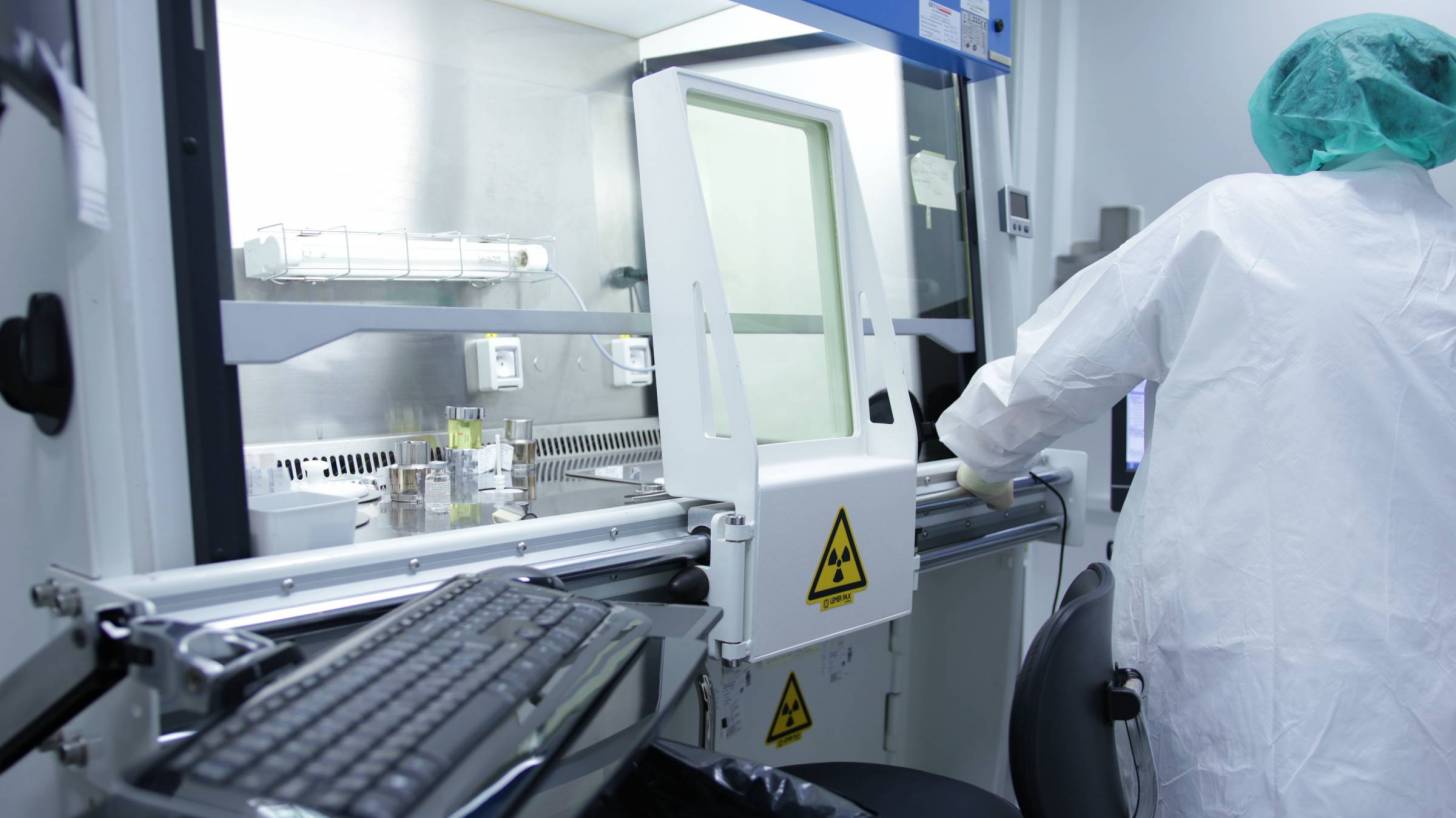Egg-Based Flu Vaccine Production Now Obsolete?

“We, the FDA, believe it’s worth better understanding the potential of cell-based and recombinant alternatives,” said FDA Commissioner Scott Gottlieb, M.D.
“Some studies have found that cell-based and recombinant (flu) vaccines are more efficacious, or could be more efficacious than egg-based vaccines; but, more analyses are needed,” said Dr. Gottlieb.
The global system for manufacturing seasonal influenza vaccines was developed during the 1940s to respond to the natural evolution of influenza viruses.
But, the problem of antigenic mismatch continues to be a challenge in certain years.
A data and analytics company reported the need for vaccine manufacturers to modernize the commercial production of seasonal influenza vaccines.
This company believes that vaccine manufacturers should adopt modern processes for the mass commercial production of seasonal influenza vaccines.
Vaccination programs against seasonal influenza infections require the production of hundreds of million doses within a very short period of time.
“The need to shift away from the traditional chicken egg-based approach of mass production of commercial influenza vaccines, which commonly induces a suboptimal immune response,” according to a press release from GlobalData.
"Current surveillance by the World Health Organization (WHO) and other institutions revolves around the six-to-eight month egg-substrate vaccine timeline.”
“Overall vaccine efficacy improves with the newer technologies if their quicker manufacturing times are combined with government-provided seed virus submissions from increased surveillance at the global level for mutations in the antigenic target of flu vaccines," said Gilbert Saint-Jean, Ph.D., healthcare analyst at GlobalData, in a company press release.
Cell and recombinant vaccine construction technologies are capable of producing vaccines that are better designed to deal with circulating strains of influenza virus, said GlobalData.
The traditional egg-based vaccine manufacturing process carries inherent limitations that undermine the potential antibody-antigen binding affinity needed to achieve consistently high vaccine efficacy from season to season.
Specifically, the egg substrate contains hereditary constraints that increase the antigen differentiation between the vaccine being constructed via egg and the region of the virus surface-protein antigen targeted by the vaccine.
This results in a decrease in binding affinity of the induced antibodies created from a mismatched vaccine, as stated by GlobalData.
In contrast, cell-based and recombinant vaccines are not similarly constrained in design because their vaccine propagation is not egg-based.
Cell-based and recombinant vaccine production can also be completed more quickly than egg-based production, which can provide more effective seasonal influenza vaccine, according to the company.
GlobalData believes that the transition to non-egg vaccine mass production technologies should be expedited. It also notes that further improvement in vaccine efficacy can be gained if trials of universal influenza vaccines prove successful.
In the meantime, the 2018 flu season isn’t over yet.
It’s not too late get vaccinated if you have not yet done so, given that we are starting to see a larger proportion of illnesses caused by H1N1 and B influenza for which vaccines offer better protection.
Vaccinations have also been shown to reduce the severity of the flu in people who do get sick, said the FDA.
The FDA remains committed to determining the root cause for the shortcomings observed in the effectiveness of this season’s flu vaccine against H3N2, notifying the public of our work as we gain new insights, and applying what we learn to future vaccine development.
"Our aim is to make sure we continue to improve the effectiveness of future flu vaccines, and encourage more people to seek vaccination", said Dr. Gottlieb.
Our Trust Standards: Medical Advisory Committee
- Global Data
- Current and Emerging Cell Culture Manufacturing Technologies for Influenza Vaccines
- Antigenic characterization of influenza viruses produced using synthetic DNA and novel backbones
- Remarks from FDA Commissioner Scott Gottlieb, M.D., as prepared for oral testimony before the U.S. House Committee on Energy and

























